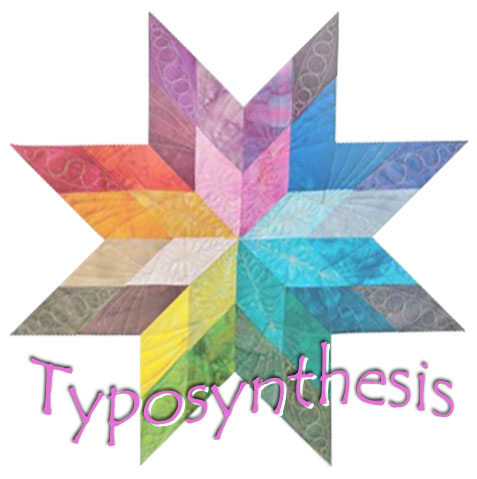Jungian four functions: Sensation, Intuition, Feeling, Thinking
Different definitions of four basic Jungian functions from different Jungian Typologies.
Definitions by: Dario Nardi - Michael Daniels - Typosynthesis - Carl Jung
???? Dario Nardi, PhD, neuroscience and personality researcher:
Sensing (S) Rely on the senses. Focus on tangible data and what is known, the present, and past experiences. Stay hands-on and act on practical options.
Intuiting (N) Rely on imagination. Focus on concepts, patterns, what’s hidden, symbols, metaphor, and the future. Ask “what if?” Follow potential possibilities.
Feeling (F) Rely on values. Decide and organize based on social and interpersonal appropriateness, beliefs, and the importance or worth of oneself and others.
Thinking (T) Rely on logic. Decide and organize based on objective criteria, deduction, models, frameworks, measures, and impersonal, efficient principles.
Source - Used with permission from 'The Magic Diamond: Jung's 8 Paths for Self-Coaching' (page 53) by neuroscience and personality researcher Dario Nardi, PhD.
* * *
???? Michael Daniels, PhD, psychologist:
Sensation refers to our immediate experience of the objective world, a process that takes place without any kind of evaluation of the experience. Sensation perceives objects as they are - realistically and concretely. It fails to consider context, implications, meanings or alternative interpretations, but instead attempts to represent, factually and in detail, the information that is available to the senses.
Intuition refers to a deeper perception of inherent possibilities and inner meanings. Intuitive perception ignores the details and focuses instead upon the general context or atmosphere. It perceives (without clear evidence or proof) the direction in which things are moving, the subtle inner relationships and underlying processes involved, or the latent potentialities of a situation. Intuition never directly reflects reality but actively, creatively, insightfully and imaginatively adds meaning by reading things into the situation that are not immediately apparent to a purely objective observer.
Feeling is an affective, sentimental function. It involves judging the value of things or having an opinion about them on the basis of our likes and dislikes. Experiences are therefore evaluated in terms of good and bad, pleasant or unpleasant, acceptable or unacceptable.
Thinking is a mode of evaluation that is concerned with the truth or falsity of experience. It is based upon the intellectual comprehension of things and, in particular, of their conceptual interrelationships. It is a rational, systematic process that seeks to understand reality through analysis and logical inference.
Source - watchwordtest.com
* * *
???? Carl Jung:
Book "Psychological Types" here psychclassics.yorku.ca
Se - http://www.neojungiantypology.com/forum/view/thread/103-the-extraverted-sensation-type
Si - http://www.neojungiantypology.com/forum/view/thread/107-the-introverted-sensation-type
Ne - http://www.neojungiantypology.com/forum/view/thread/104-the-extraverted-intuitive-type
Ni - http://www.neojungiantypology.com/forum/view/thread/108-the-introverted-intuitive-type
Fe - http://www.neojungiantypology.com/forum/view/thread/57-the-extraverted-feeling-type
Fi - http://www.neojungiantypology.com/forum/view/thread/106-the-introverted-feeling-type
Te - http://www.neojungiantypology.com/forum/view/thread/56-the-extraverted-thinking-type
Ti - http://www.neojungiantypology.com/forum/view/thread/105-the-introverted-thinking-type
Last updating 24.01.2022
